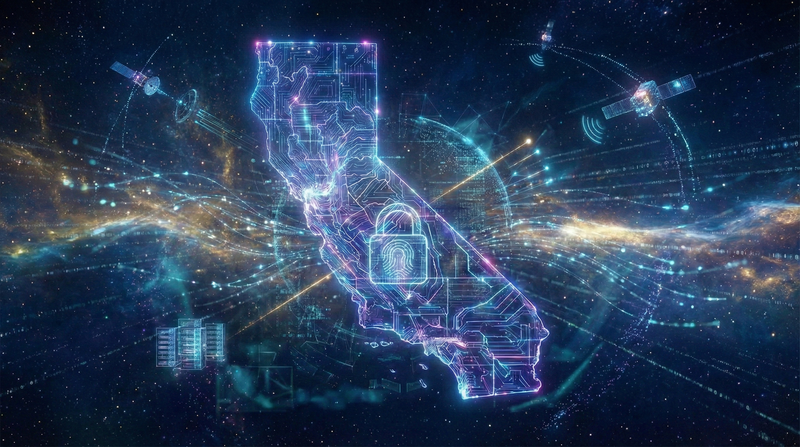How to use California’s new law against hidden restaurant fees to your advantage
California's "Junk Fee Bill" is designed to help you avoid hidden fees at restaurants and bars.
Ever been surprised by a surcharge on your dinner bill? You’re not alone. Hidden fees at restaurants and bars have frustrated customers for years, leading to confusion and a sense of being overcharged. Thankfully, Senate Bill No. 1524, colloquially dubbed California's "Junk Fee Bill" and an amendment to the existing Consumer Legal Remedies Act, is here to change that.
Governor Newsom signed CRA cosponsored bill, SB 1524 (Dodd & Wiener), into law! It’s effective immediately & allows restaurants to choose best pricing models for their operations, guests & team-members. @SenBillDodd, @Scott_Wiener, @AsmAguiarCurry, @AsmJesseGabriel, @AsmMattHaney pic.twitter.com/pDayeKgNLj
— @CalRestaurants (@CalRestaurants) June 29, 2024
Designed to ensure transparency in pricing for food and beverage services, SB 1524 was signed into law by Governor Gavin Newsom in June 2024. However, it does not go fully into effect until July 2025. By requiring restaurants to clearly disclose any mandatory fees, the Junk Fee Bill empowers consumers to know exactly what they are paying for before they commit.
Here's everything you need to know to use SB 1524 to your advantage.
What Are Mandatory Fees?
Examples of Fees
Mandatory fees, often referred to as service charges or surcharges, are additional costs added to your bill. These fees can range from 3–6% and are typically used to cover expenses like staff wages or other operational costs. While the practice is not new, the lack of clear communication has caused widespread frustration.
How SB 1524 Changes Things
Transparency in Pricing
Under SB 1524, restaurants, bars, and other food services must provide upfront disclosure of any mandatory fees. This means you’ll find a clear explanation of such fees on menus, advertisements, or contracts, ensuring you know what you’re paying for before placing your order.
Timeline
While the law took effect immediately in 2024, businesses have until July 1st, 2025 to fully comply with enhanced text standards. By then, all disclosures must be "clear and conspicuous," leaving no room for ambiguity. This timeline allows restaurants to update their menus and communication materials to meet the new legal requirements.
Tips for Using the New Law to Protect Yourself
1. Look for Clear Disclosures
When dining out, take a moment to review the menu or any visible signage for mandatory fee details. Under SB 1524, businesses are required to provide this information clearly and conspicuously. Fees might be listed near menu prices or in a separate section, often with an explanation like “service charge for staff benefits.”
2. Ask Questions
If you see a fee listed but it’s unclear what it covers, don’t hesitate to ask the staff or management for clarification. Transparency is your right under this law, and understanding the charges ensures you’re comfortable with your final bill.
3. Know Your Rights
SB 1524 empowers you to hold businesses accountable. If a restaurant, bar, or other food service provider doesn’t disclose fees as required, you can report them to California consumer protection agencies. Persistent non-compliance may even entitle you to legal recourse under the Consumers Legal Remedies Act (SB 478).
4. Share Your Experiences
Positive and negative experiences with how businesses handle mandatory fees can help inform other consumers. Share your feedback on platforms like Yelp or Google Reviews to encourage transparency across the industry.
Why This Matters
The passage of SB 1524 is a win for transparency in California’s food and beverage industry. It levels the playing field for consumers, ensuring that you’re never blindsided by unexpected fees when dining out. As Wendy Patrick, a legal analyst, aptly noted:
“It’s a transparency issue more than anything else.”
This law isn’t just about eliminating confusion; it’s about restoring trust between businesses and their customers. When restaurants and bars are upfront about their charges, customers can make informed decisions, fostering a better dining experience overall.
By July 2025, all businesses will be required to meet stricter disclosure standards, making hidden fees a thing of the past. Until then, staying informed and asking questions are your best tools for navigating these charges confidently.







